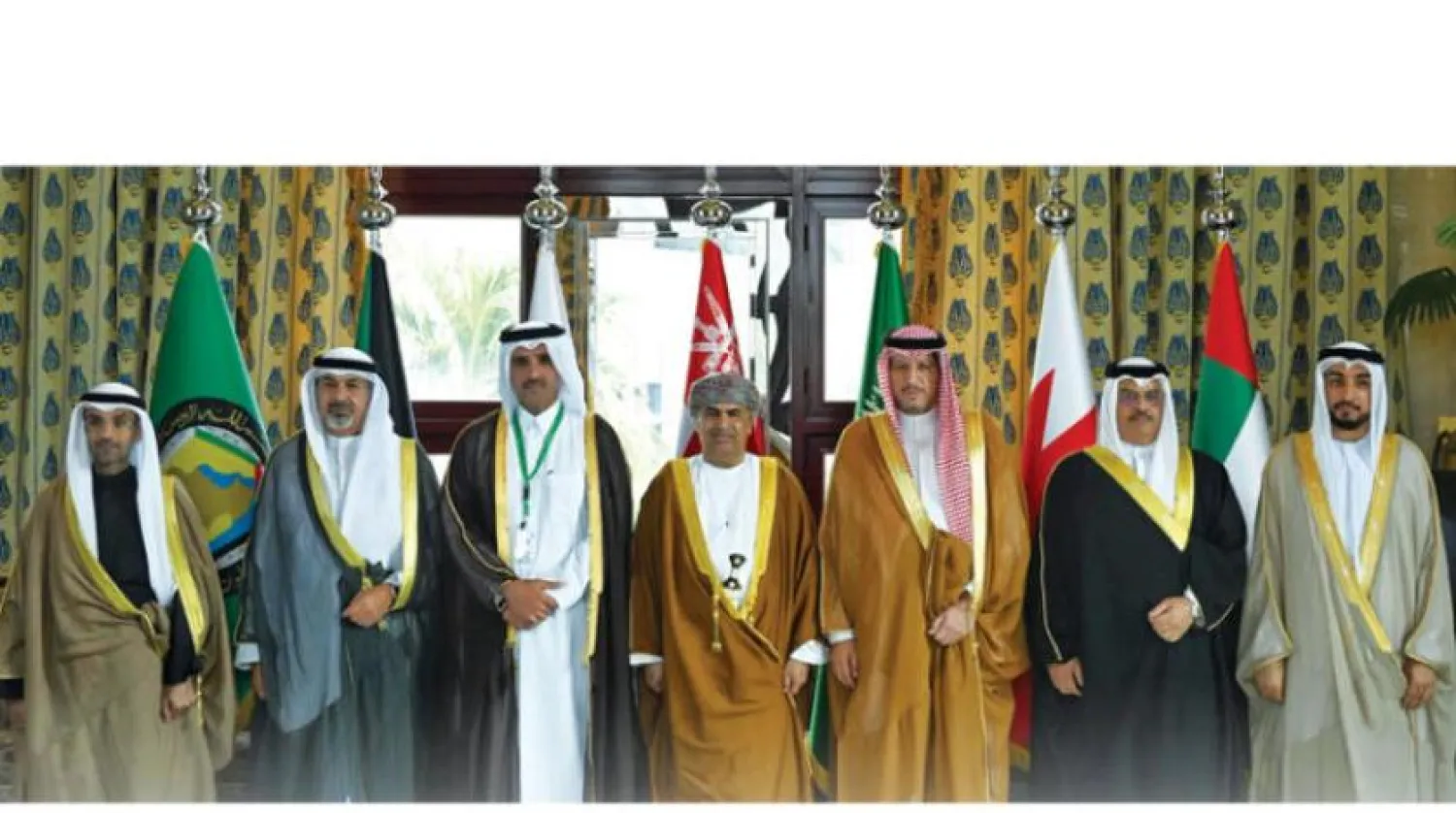Sponsored by Saudi Crown Prince Mohammed bin Salman, the First Ministerial Meeting of Anti-Corruption Law Enforcement Agencies of the Organization of Islamic Cooperation (OIC) member states concluded a two-day meeting that included workshops and panel discussions in Jeddah.
The meeting, held upon the invitation of Saudi Arabia, was attended by the heads of anti-corruption law enforcement agencies, relevant international organizations, and a group of local and international officials and experts.
President of Saudi Arabia’s Oversight and Anti-Corruption Authority Mazin bin Ibrahim Al-Kahmous said that Saudi Arabia supported efforts to combat corruption at local and international levels, as it constituted a pillar of its national transformation plan, Vision 2030.
Al-Kahmous noted that the adoption of the Makkah Agreement by OIC member states establishes a new stage for enhancing cooperation in the field of combating corruption in a way that serves common interests.
Ratifying the Agreement is consistent with the contents of the International Convention against Corruption and reflects the awareness of OIC member states, said Al-Kahmous.
Furthermore, the president reminded that the OIC is the second largest international gathering after the United Nations.
OIC Secretary-General Hissein Brahim Taha said that the Agreement provided the most significant and effective framework for preventing and combating corruption in member states through effective prevention, law enforcement, international cooperation, and asset recovery mechanisms.
Taha reiterated thanks to Saudi leadership for its generous initiative in hosting the first ministerial meeting of law enforcement agencies concerned with combating corruption in member states under the umbrella of the OIC.
Executive Director of the United Nations Office on Drugs and Crime Ghada Waly, for her part, thanked the Kingdom for hosting the meeting. So did Jurgen Stock, the secretary-general of Interpol.
Abdul Majeed Al-Bunyan, the head of the Naif Arab University for Security Sciences, indicated in his speech that combating corruption is one of the university’s academic, research and training priorities.
Al-Bunyan referred to the importance of the great role played by the National Anti-corruption Commission (Nazaha) in Saudi Arabia.
In other news, heads of anti-corruption law enforcement agencies in the Gulf Cooperation Council (GCC held their first ministerial meeting of Anti-Corruption Law Enforcement Agencies of the GCC States in Jeddah.
The meeting came upon an invitation from Nazaha.
The meeting reviewed the contents of the final communiqué issued by the Supreme Council of GCC at its 43rd session, held on December 9, 2022, which affirmed the full and accurate implementation of the vision of King Salman bin Abdulaziz, to promote joint Gulf action, the strength and cohesion of the GCC and the unity of its members and realizing greater coordination, integration and interdependence in all fields in order to achieve the aspirations of the citizens of the GCC member states.









